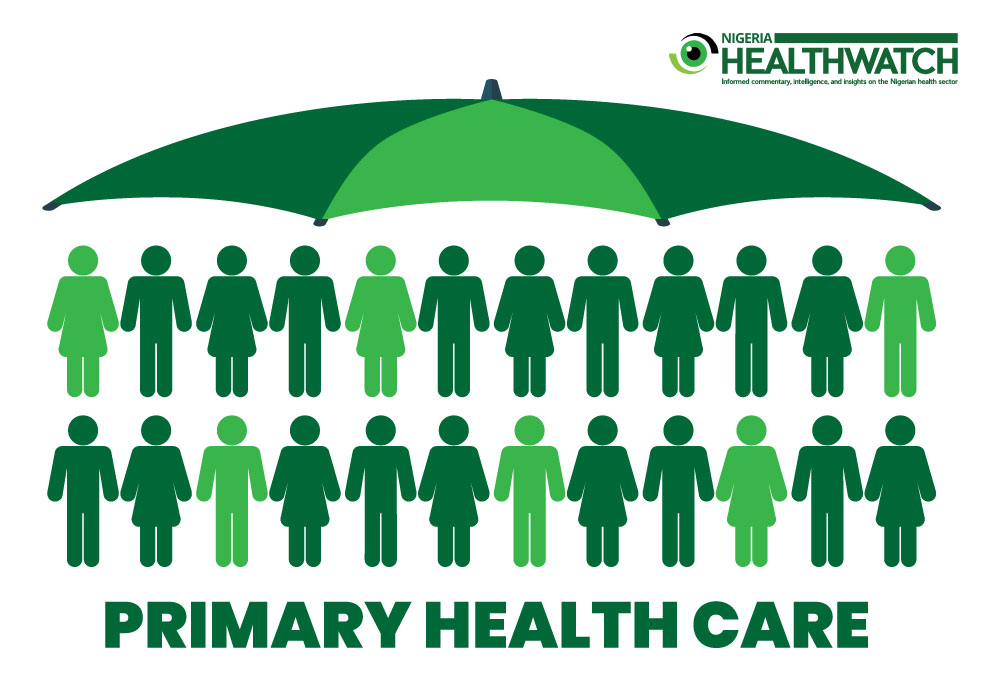We were on a road trip to Jos, capital city of Plateau State, famous for having the most temperate climate in Nigeria. The ride had been smooth and uneventful, so nothing prepared us for the enchanting sight of rock and boulder formations flanking the road. The Riyom rocks delicately arranged one on top of the other, looking as though they would topple at any moment but stable through hundreds of years, were particularly striking.
The Nigeria Health Watch team was in Jos to attend the 8th Annual Scientific Conference and General Meeting of the Epidemiological Society of Nigeria (EPISON). The conference, “Enhancing Implementation Science through Epidemiological Research” was hosted by EPISON with support from Partnership for Advocacy in Child & Family Health (PACFaH). A second allied event with the sub-theme, “Primary Healthcare Under One Roof (PHCUOR) as an effective policy for the attainment of Universal Health coverage” was hosted by the development Research and Projects Center (dRPC).

Primary health care (PHC) is the first level of contact an individual has with Nigeria’s health system. It is meant to bring healthcare as close to where the people live and work as possible. Access to primary health care services is therefore the foundation of good health. With Nigeria’s three-tier health system, the Federal Government is responsible for providing tertiary care; the State Governments are responsible for providing secondary care as well as manpower for primary health care and Local Governments are responsible for providing PHC service delivery. Institutions such as the National Primary Health Care Development Agency (NPHCDA) at Federal level and more recently, the SPHCDAs at state level, have been established to translate policies for PHC into action.
The Primary Health Care Under One Roof (PHCUOR) programme, (also known as Integrated PHC Governance) was initiated in 2005, with the support of the UK Department for International Development (DFID) project funding, and the Partnership for Transforming Health System (PATHS), to address the noticeable fragmentation in the delivery of PHC services in Nigeria. Working with NPHCDA, Health Partners International, and partners on the Partnership for Reviving Routine Immunization in Northern Nigeria / Maternal Newborn and Child Health (PRRINN-MNCH) programme, launched the PHCUOR initiative. PHCUOR was introduced to improve the implementation of PHC and was based on resolution 29 of the 54th National Council on Health meeting of May 2011. It has since been implemented in all states in Nigeria Including the Federal Capital Territory.
The development Research and Projects Center (dRPC), through their Partnership for Advocacy in Child & Family Health (PACFaH@Scale) project, commissioned the Society of Public Health Professionals of Nigeria (SPHPN) to conduct a scoping mission on PHCUOR reform in Nigeria to identify and provide solutions to the myriad challenges mitigating against Universal Health Coverage in Nigeria. The aim was to facilitate the implementation of PHCUOR in Nigeria.
The FCT Chairman of Society for Public Health Professionals of Nigeria, Africa (SPHPN), Dr Tolu Fakaye, presenting the findings, said the research was aimed at identifying the roles and responsibilities of the NPHCDA in implementing the PHCUOR policy; map out NPHCDA’s coordinating relationship with other agencies; determine the felt needs of the agency to enable it discharge the responsibility more efficiently; and identify potentially high impact activities crucial for NPHCDA to effectively lead PHCUOR.

One key finding was that most states are yet to establish the Local Government Health Authorities (LGHAs) through which they can receive the Basic Health Care Provision Fund (BHCPF) due to “inter-cadre wrangling” among health workers. Also, no formal structures exist for coordination of PHCUOR stakeholders at national level, even though other Ministries, Departments and Agencies (MDAs) such as the Federal Ministry of Health (FMOH), Federal Ministry of Finance (FMOF) National Health Insurance Scheme (NHIS) and the National Assembly have vital roles to play in promoting the implementation of the initiative. The report is clear on what aspects Nigeria should focus on if it is to accelerate the implementation of the PHCUOR programme.
Dr. Sebastian Esomonu of the FCT Primary Health Care Board said service provision will improve when all activities of primary health care are brought under one roof. “There has been systemic weaknesses due to gaps ranging from infrastructural decay, inadequacy in human resources, essential drugs and other supplies,” he said, adding that Nigeria’s “unsatisfactory governance system stands out as a major constraint that has continued to undermine the delivery of primary health care.” Though a lack of effective governance system, is blamed, many challenges relate to poor management, especially in the organisation of primary health care at the state and LGA levels; and difficulties faced in translating PHC principles into practice.

The survey found a need to redesign the PHCUOR Assessment Scorecard, have a wider dissemination of PHCUOR information, and expand technical assistance to NPHCDA. For PHCUOR to be effective there needs to be proper orientation of PHC managers and establishment and institutionalization of LGHAs. Also, existing public service and financial management rules need to be customised to suit the peculiarities of the state primary health care boards. Advocacy to all relevant stakeholders at all levels must be intensified.
The 8th Annual Scientific Conference and General Meeting of the Epidemiological Society of Nigeria emphasised the need for a well-functioning health system and timely access to health services. These are critical to the attainment of UHC in Nigeria. Bringing primary health care under one roof to improve efficiency is overdue, which is why the implementation of PHCUOR, if done right, could be a game-changing step for Nigeria’s health care system.



Good